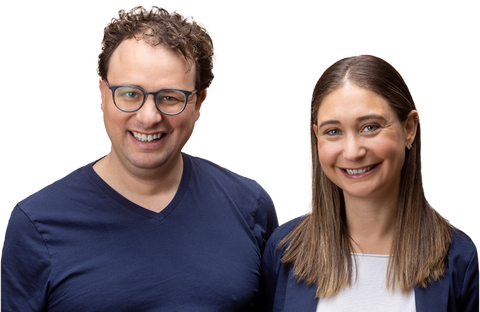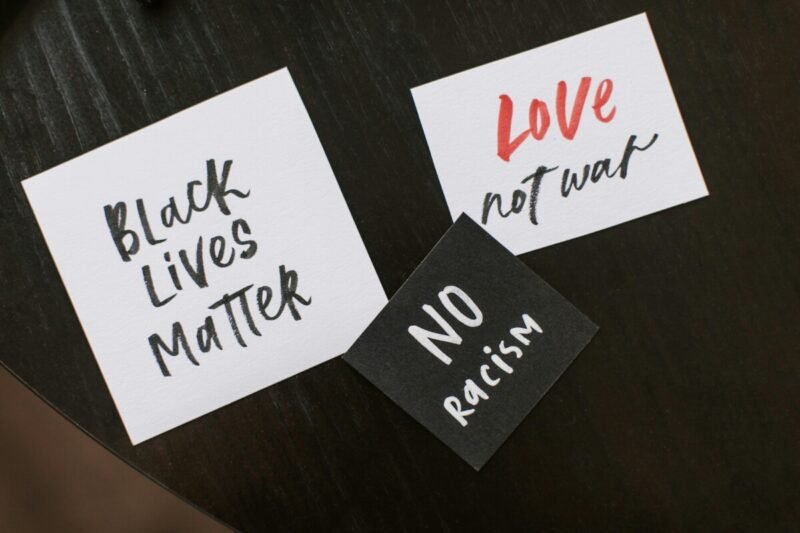In the rapidly evolving landscape of artificial intelligence, few figures have shaped the conversation around AI safety and ethics quite like Dario and Daniela Amodei. These San Francisco-born siblings have become two of the most influential voices in technology, not just for their technical achievements, but for their unwavering commitment to building AI systems that prioritize human values and safety from the ground up.
Dario Amodei was born in San Francisco in 1983, with his sister Daniela arriving four years later (Wikipedia) . Their father, Riccardo Amodei, was an Italian-American leather craftsman, while their mother, Elena Engel, a Jewish American from Chicago, worked as a project manager for libraries (Wikipedia) . Both siblings attended Lowell High School in San Francisco, though their educational paths would diverge considerably from there.Dario pursued an intensely academic trajectory in the sciences. He began his undergraduate studies at Caltech before transferring to Stanford University, where he earned his degree in physics, and later completed a PhD in physics from Princeton University, focusing on the electrophysiology of neural circuits (Wikipedia) . He went on to become a postdoctoral scholar at Stanford University School of Medicine, building the kind of rigorous scientific foundation that would later prove invaluable in AI research.
Daniela took a markedly different path. She graduated summa cum laude from the University of California, Santa Cruz with a Bachelor of Arts in English Literature (Wikipedia) . Her early career began far from Silicon Valley’s tech corridors, working in global health and politics. She even played a role in a successful congressional campaign in Pennsylvania and briefly managed communications for House Representative Matt Cartwright in Washington D.C. before making the leap into technology.
The siblings’ convergence in the tech world began when Daniela joined Stripe in 2013 as an early employee. Meanwhile, Dario was building his AI credentials at major tech companies, working at Baidu from 2014 to 2015 and then at Google. But it was their time at OpenAI, the artificial intelligence research laboratory, that would define their shared mission and ultimately lead them to strike out on their own.
Dario served as vice president of research at OpenAI, where he oversaw the creation of the company’s GPT-2 and GPT-3 language models (Wikipedia) . Daniela joined OpenAI in 2018 as vice president of safety and policy (Wikipedia) . Both were deeply involved in the development of some of the most powerful AI systems ever created, including the technology that would eventually power ChatGPT. Yet despite their senior positions and the company’s groundbreaking work, both siblings left OpenAI in 2020.
The Amodeis reportedly left because they believed the company had changed direction after taking an investment from Microsoft (Fortune) . While the siblings have remained diplomatic about their departure, the implication was clear: they had a different vision for how AI should be developed, one that placed safety and alignment with human values at the absolute center rather than treating it as an afterthought or constraint on commercial development.
In 2021, Dario and Daniela founded Anthropic along with other former senior members of OpenAI (Wikipedia) . The company’s mission was ambitious: to make fundamental research advances that would allow the creation of more capable, general, and reliable AI systems, with safety built into every layer. Dario took the role of CEO while Daniela became president, bringing her experience in policy, safety, and organizational development to complement her brother’s technical expertise.
What makes Anthropic distinctive isn’t just its focus on safety, but its approach to achieving it. The company has pioneered research in what’s called mechanistic interpretability, essentially trying to conduct something analogous to brain scans on AI systems to understand what’s actually happening inside them, rather than just observing their outputs.
This work aims to make AI systems more transparent and understandable, addressing one of the field’s most vexing challenges: even the people who build these systems often can’t fully explain how they produce the results they do.
The sibling partnership at the heart of Anthropic reflects complementary strengths and a remarkable degree of alignment. As Daniela notes, “Since we were kids, we’ve always felt very aligned” (Time) . Dario brings deep technical knowledge and a researcher’s rigor to questions of AI capabilities and safety, while Daniela’s background in literature, politics, and organizational leadership helps shape the company’s culture, governance, and approach to responsible scaling.
Under their leadership, Anthropic has developed Claude, a series of large language models designed to be helpful, harmless, and honest. The company has raised billions in funding from major tech players including Amazon and Google, allowing it to compete at the frontier of AI development while maintaining its safety-first philosophy. The company has been reportedly looking for fresh funding at a forty billion dollar valuation (Fortune) , cementing its position as one of the few non-Big Tech companies capable of training cutting-edge AI models.
The Amodeis’ influence extends beyond their company. Both have been recognized as among the most influential people in AI, with Time magazine including them in multiple prestigious lists. They’ve become vocal advocates for thoughtful AI development, with Dario testifying before the U.S. Senate about the risks AI poses, including its potential dangers in weaponry development. Yet he’s also optimistic about AI’s potential benefits. In his 2024 essay “Machines of Loving Grace,” he explored how AI could dramatically improve human welfare, writing that most people underestimate both how radical the upside could be and how serious the risks are.
Their approach hasn’t been without controversy or difficult decisions. Dario has been open about the complex trade-offs involved in building a commercially viable AI company while maintaining safety commitments. The company operates as a public benefit corporation, structured to prioritize ethical considerations alongside profitability, but still needs enormous computing resources and therefore significant funding to do cutting-edge AI research.
What stands out about the Amodei siblings is their willingness to put their careers and reputations on the line for their convictions about how AI should be developed. They left positions of influence at one of the world’s premier AI labs to start from scratch because they believed there was a better way. They’ve consistently argued that the AI industry needs to be more thoughtful about safety, more transparent about capabilities and limitations, and more committed to building systems that genuinely align with human values.
As AI continues to reshape every aspect of modern life, the Amodeis represent a vision of technological development that refuses to sacrifice safety and ethics for speed or commercial advantage. Whether their approach proves to be the right one remains to be seen, but their influence on the conversation around responsible AI development is already undeniable.

